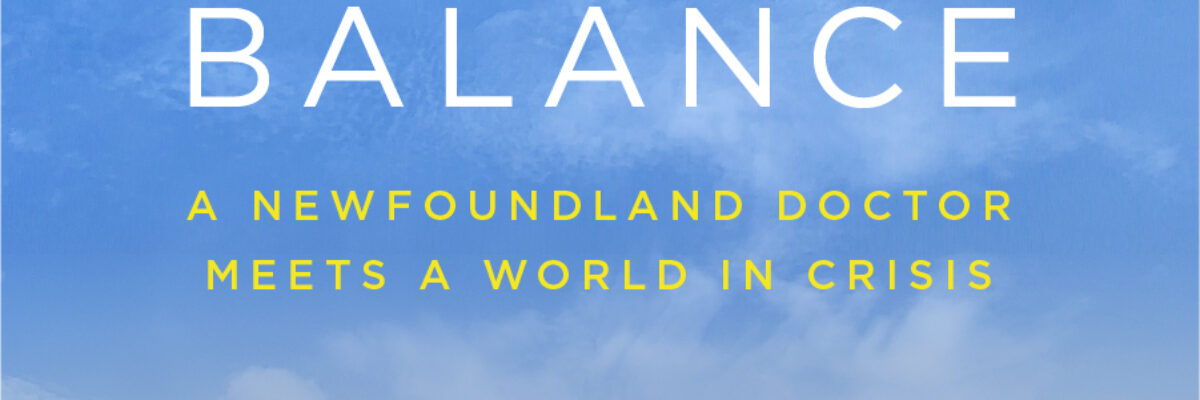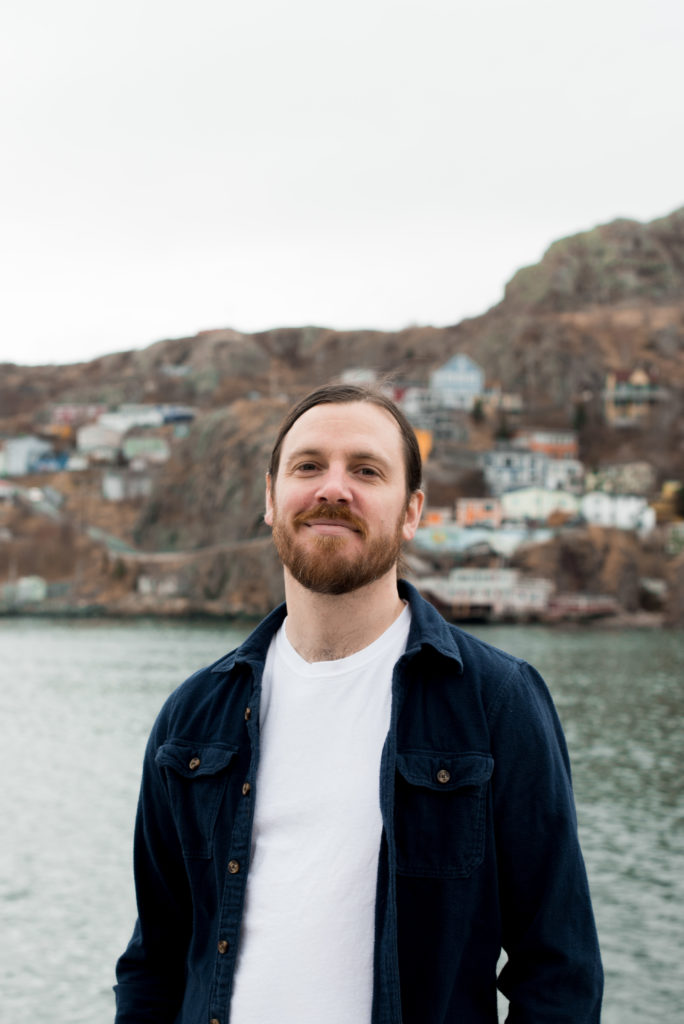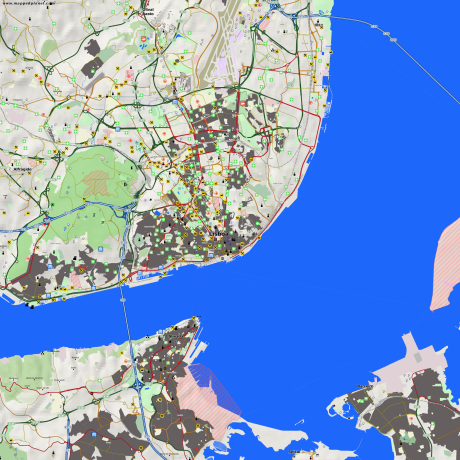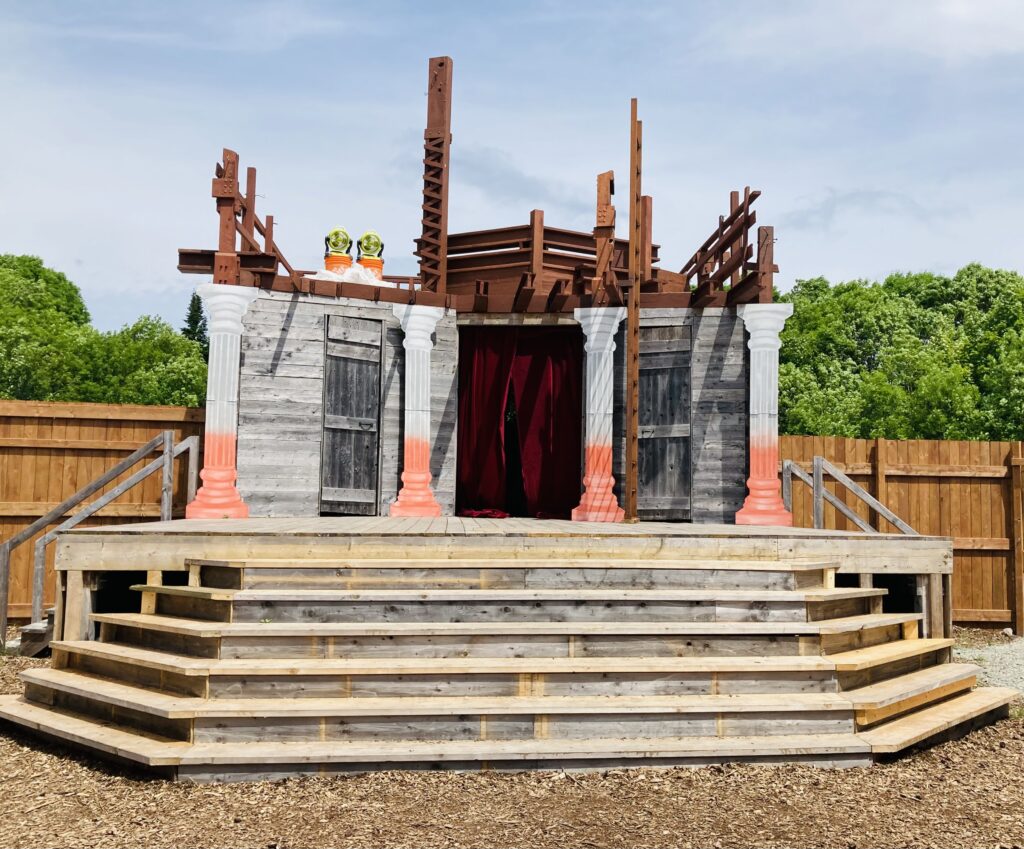Hope in the Balance: a conversation with Dr. Furey
October 2020
The first of a three-part interview with Dr. Andrew Furey, NL Premier and author of Hope in the Balance, which tells the story of Team Broken Earth, NL’s first foray into global medicine, and chronicles Furey’s journeys through Haiti, Bangladesh, and Ethiopia.
The January 12, 2010, 7-magnitude earthquake that buckled and wrenched Haiti killed hundreds of thousands of people, levelled the capital city of Port-au-Prince, and left a wreckage of human suffering and misery that cried for an international response. Even ten years on, the catastrophe is the top result for internet searches of Haiti. Among those watching the international news coverage that night, from his home in St John’s, was Dr Andrew Furey, an orthopedic surgeon. Unlike most other viewers, Furey determined he could, and would, do something to help. He went on to found the province’s first organization dedicated to world health.
Even as the plane reaches cruising altitude, I still wonder if Dad [Senator George Furey] was right. Am I flat-out nuts for doing this? – from Hope in the Balance
I was interested in the particular kind of problem-solving you could bring to this crisis. I find it’s really interesting how, even in really terrible circumstances, you know what to look for. You assess the space around you, you assess the needs around you. Does that come from your medical studies? Or is that a skill set that you already possess?
The decision matrix is kind of ingrained in you in medical school, in surgical training, so it’s partly through the training. But more importantly, I think is being born and raised in Newfoundland and Labrador, and having an extra bit of grit that I don’t think exists in all places around the world. Because in multiple moments throughout this journey, it would have been easy and I don’t think anyone would have faulted us for saying no it’s too hard, we’re done. But that extra bit of grit, that extra bit of determination, and frankly some creativity that is engrained in us from Newfoundland and Labrador history I think were quite helpful in shaping my decision-making. And I also think, stemming from Newfoundland and Labrador, and being a part of this rock, is that, historically, to live here, there has to be inherent creativity. You need to be creative and it’s ok to have hiccups along the way and don’t be afraid of trying things even if it is met with some failure. I think there’s a bit more liberty here for Newfoundlanders and Labradorians to experiment, like we had to, historically, to survive. But equally, on the flip side of not being afraid of failure, is the ability, and I think we all have it, to celebrate the small wins. When you can celebrate the wins it makes the failures seem quite small.
I thought – I hoped – that being on the way would feel different. But there is no excitement. No anticipation of how we are going to help. Just anxiety and a whole lot of doubt. – from Hope in the Balance
So when you first heard about the Haitian earthquake, and this was a place you didn’t even know how to spell the name of –
-I googled it, yeah, they don’t teach spelling in medical school.
But you said you ‘felt like you weighed a thousand pounds.’ Why this event, to affect you so strongly?
I’ve said in the past and it’s true – and my mom [Karen Furey] would hate for me to give credit to TV – but that medium played a role, because of Haiti’s geographic proximity and because of its political turmoil where you never knew what was going to happen, media outlets from the continental United States were already on the ground. So different from other natural disasters we were seeing some of these images quite live. It was really impactful for me to see some of that devastation and get your head around what that meant for the human element, just the frank loss. From a medical perspective [I knew] patients will die of injuries, abdominal injuries, but they won’t really die of broken bones. And that’s kind of my bag of tricks and I really felt overwhelmingly compelled, even with no previous history in global health or global medicine, to contribute.
I still wonder if it was as much as what was happening personally at that time in your life.
Probably, to a certain extent. I guess that’s true with everything, there’s a balance of circumstances, there are opportunities … but yeah you’re probably right, it was a combination of what was happening in my life, setting up a new family, coming from a frankly fairly adrenalin-driven trauma training in what’s the busiest trauma centre in the world [John Hopkins University in Baltimore, Maryland], all of those things were probably contributing factors. But the imagery – it’s not to be discounted how it really struck a chord with me. The pictures – you saw them, everyone saw them. A city of two million people just levelled. They didn’t have anything, to begin with anyway. It really hit a chord.
From my bag, I take out a manual about how to react if you are kidnapped. Yeah. That was a mistake. Calm was now a far-off place I was speeding away from. – from Hope in the Balance
(Hope in the Balance is published by Penguin Random House.)
Part Two will be posted next week.




